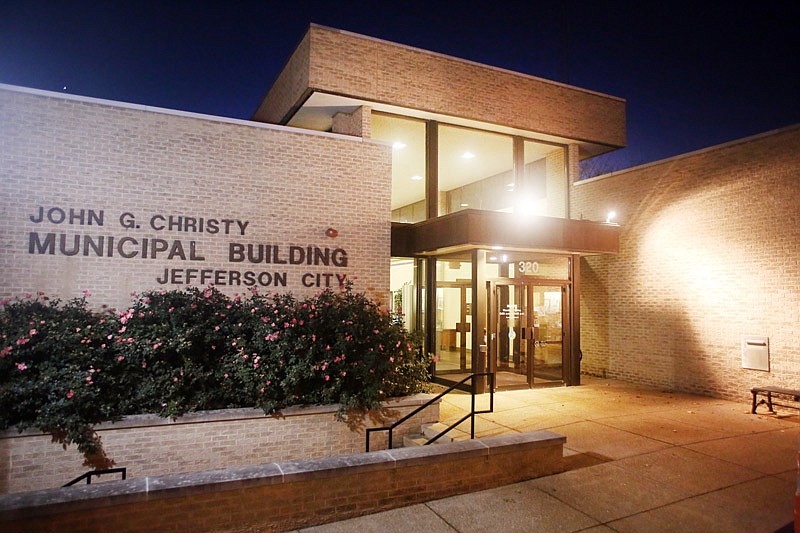Jefferson City property owners can now legally operate short-term rentals in city limits.
The Jefferson City Council unanimously approved a bill Tuesday that allows property owners rent out their homes, which was illegal under the city's zoning code.
A property owner can offer a short-term rental of a residence, where the house is rented to an individual for less than one month. A property owner could also rent out a lodging room, which would be renting out a single room or basement to someone for less than a month. Short-term lodging room rentals would not operate multiple rentals in the same residence.
Jefferson City Senior Planner Eric Barron said the next step is for city staff to reach out to property owners currently operating short-term rentals and get them in compliance with the ordinance. Those wanting to operate short-term rentals can meet with city staff and fill out the proper forms.
Even though it was illegal to operate short-term rentals in the city limits, property owners still advertised these services on websites like Airbnb. Last year, 1,050 Airbnb guests stayed in Jefferson City and hosts earned a total of $111,000, according to an Airbnb press release last month.
Barron said short-term renting is a growing trend and several cities are trying to regulate it. He added he thought this was a good opportunity for owners of historic homes.
"I hope this will provide opportunities for owners of historic buildings an additional area where they can hope to recoup their investments or make a profit to make the rehab of those buildings financially feasible," he said. "I would love it if a significant number homes, be it along Capitol Avenue or elsewhere, not only were available for visitors to be able to stay in - because that's a special treat, to be able to stay in a historic home - but also if it encourages reinvestment in historic structures."
Jefferson City's ordinance would be more restrictive than Airbnb as the company doesn't limit the time a guest can stay in a residence and it allows for multiple rentals in a residence. It rare for Jefferson City property owners to offer long-term stays or multiple rooms in a residence, Airbnb Midwest spokesman Ben Breit told the News Tribune.
Short-term rentals will be permitted in commercial and mixed-use zoning districts, while property owners will need special exception use permits if they live in single-family, multi-family or industrial districts.
The Jefferson City Planning and Zoning Commission, which approved the ordinance in October, will hold public hearings and decide whether to approve the permits. If approved, the permits will go to the City Council for final approval.
The permits cost $210 and are not transferable because they are issued in the property owners' names.
Under the ordinance, property owners renting out one room have to pay the city's 7 percent lodging tax. Before, a person had to rent out three rooms to pay the lodging tax.
They will also need business licenses to operate short-term rentals.
Parties and receptions will be prohibited in short-term rentals. Ward 5 Councilman Mark Schreiber said he was concerned this was too vague and it would lead to future problems.
Barron said if the city receives a complaint about a party or reception, the Jefferson City Department Planning and Protective Services will follow up on that complaint.
Properties will still be subject to the city's noise ordinance.
A maximum of five unrelated people or an unlimited number of related individuals can stay in a Jefferson City short-term rental at a time.
Property owners will not be allowed to rent out accessory structures like detached garages.
Renting out a accessory structures or operating short-term rentals without special exception use permits violate the ordinance. Property owners could be fined up to $1,000 and/or be imprisoned up to three months.
Bed and breakfast homes are allowed in city limits, but they can't provide more than two guest rooms, while a bed and breakfast inn can have more than two guest rooms.

